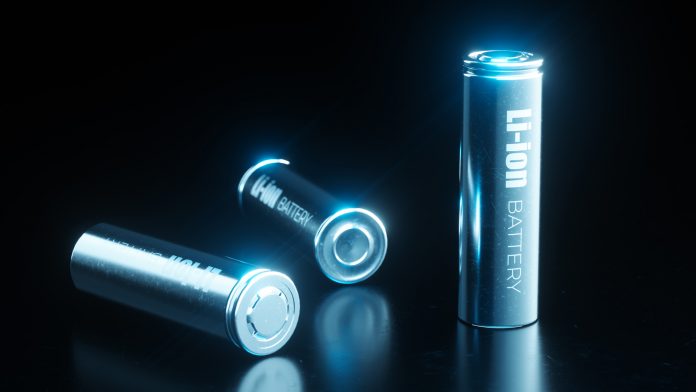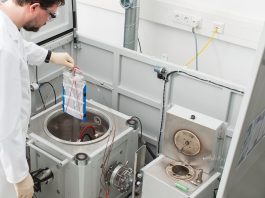The EU funded BIG-MAP project aims to significantly shorten the time it takes to develop new types of batteries, with a focus of sustainable energy storage.
Karlsruhe Institute of Technology (KIT) and the Ulm University are working to develop sustainable energy storage by participating in the BIG stands for Battery Interface Genome; MAP for Materials Acceleration Platform (BIG-MAP) project via the CELEST research platform. At the same time, the project boosts the research activities in the joint POLiS cluster of excellence.
With a focus on sustainability, the main goal of the BIG-MAP project is to bring Europe closer to carbon neutrality. “This is a huge challenge because the development of new batteries takes quite a long time using the current methods. In the BIG-MAP project, we want to accelerate this process significantly,” says Professor Maximilian Fichtner, spokesman of CELEST and POLiS and Vice Executive Director at Helmholtz Institute Ulm (HIU), which KIT founded together with the Ulm University.
Establishing new energy solutions
The purpose of the BIG-MAP EU project is to establish completely new energy solutions and thus boost battery development through systematic automation and the use of Artificial Intelligence. In future, the methods established in BIG-MAP will speed up the development of sustainable and ultra-high performance batteries by a factor of ten.
“However, our vision is not only to be able to develop new batteries much faster, but also to ensure that they can store energy efficiently and that they can be produced in a sustainable manner and at such a low cost that, in future, it will be even more attractive to store electricity, for example from the sun and wind, in batteries,” Fichtner explains. “A realignment of the existing discovery, development, and manufacturing processes for battery materials and technologies is necessary to enable Europe to rival its main competitors in the US and Asia.”









